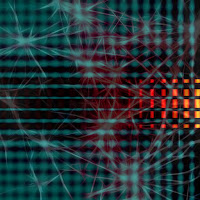Related Articles:【About Dilemmas: Discussion & Guide】
For me, conflict (葛藤 in Japanese) stands as a legacy to growth and change. It serves as a signal that brings forth new perspectives and insights. Indeed, while conflicts can consume a great deal of time and energy, I believe that by focusing on the lessons embedded within, I can promote further personal growth and the development of my community.
Especially in the process of "deep empathy", conflict becomes pivotal. For me, the pinnacle of deep empathy is conflict resolution. Just as the Kubler-Ross stages describe the emotional journey towards the acceptance of death – from denial to anger, bargaining, depression, and finally acceptance – I find a parallel in how I grapple with and ultimately come to accept the death of my old values.
Reference:【Five stages of grief - Wikipedia】 https://en.wikipedia.org/wiki/Five_stages_of_grief
Related Articles:【Process of Deep Empathy: The Acceptance Angle】
When confronted with conflict, I've come to understand the importance of truly feeling my emotions. The key is to recognize and fully feel these emotions, and not to let them overly dictate my actions when I'm not in a calm state. In psychology, there's a concept called 'acting out'(行動化 in Japanese) suggesting that when emotions are not properly processed and directly translated into actions, they can lead to negative outcomes. It's essential to momentarily suspend judgments of 'good' or 'bad' towards my feelings and actions, and to accept them as they are.
Reference:【Acting out - Wikipedia】 https://en.wikipedia.org/wiki/Acting_out



